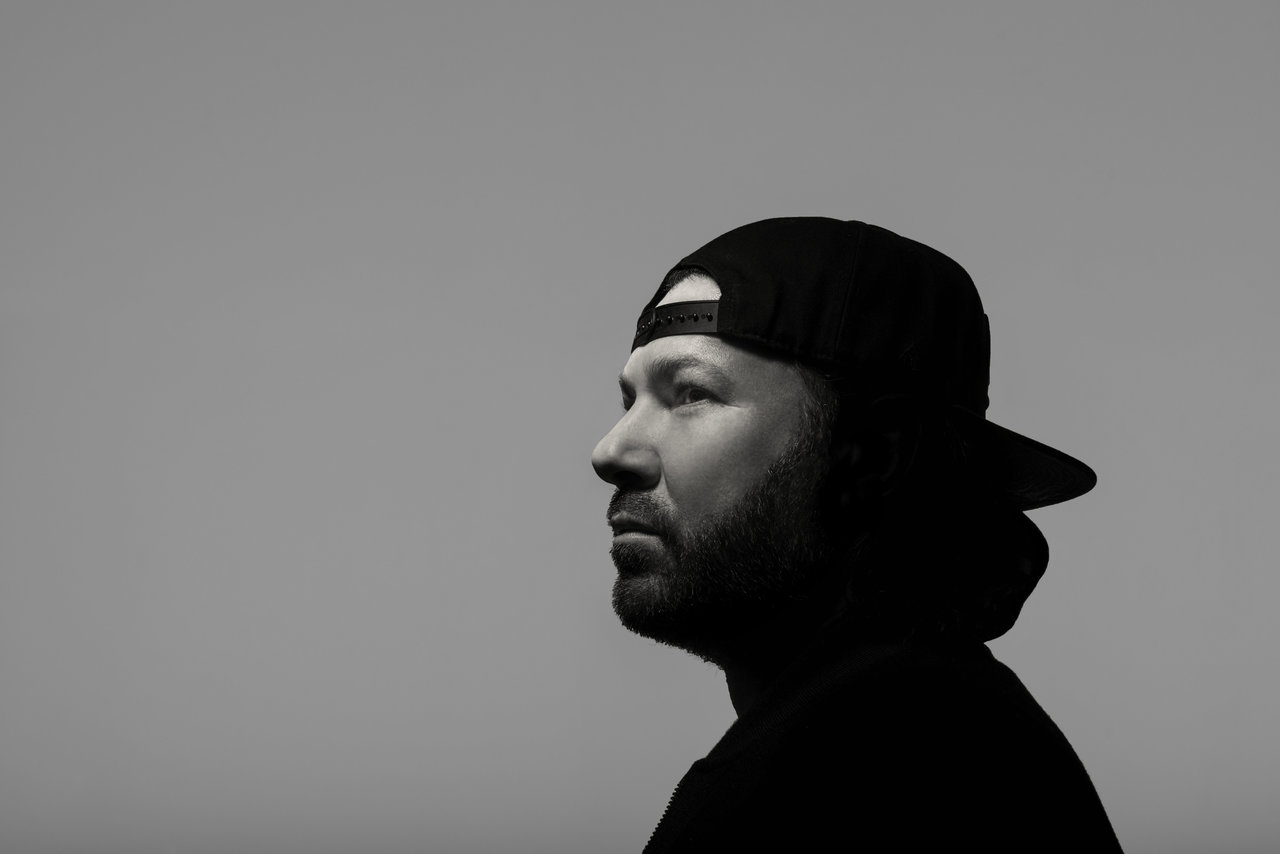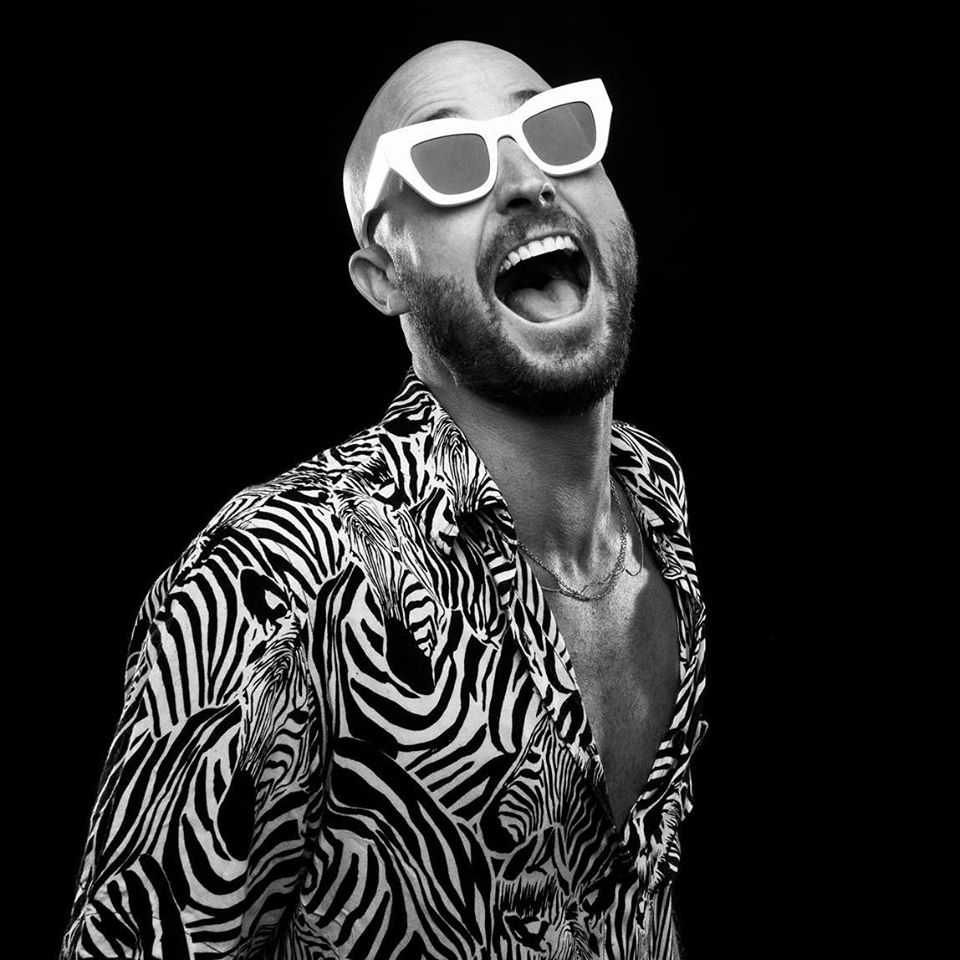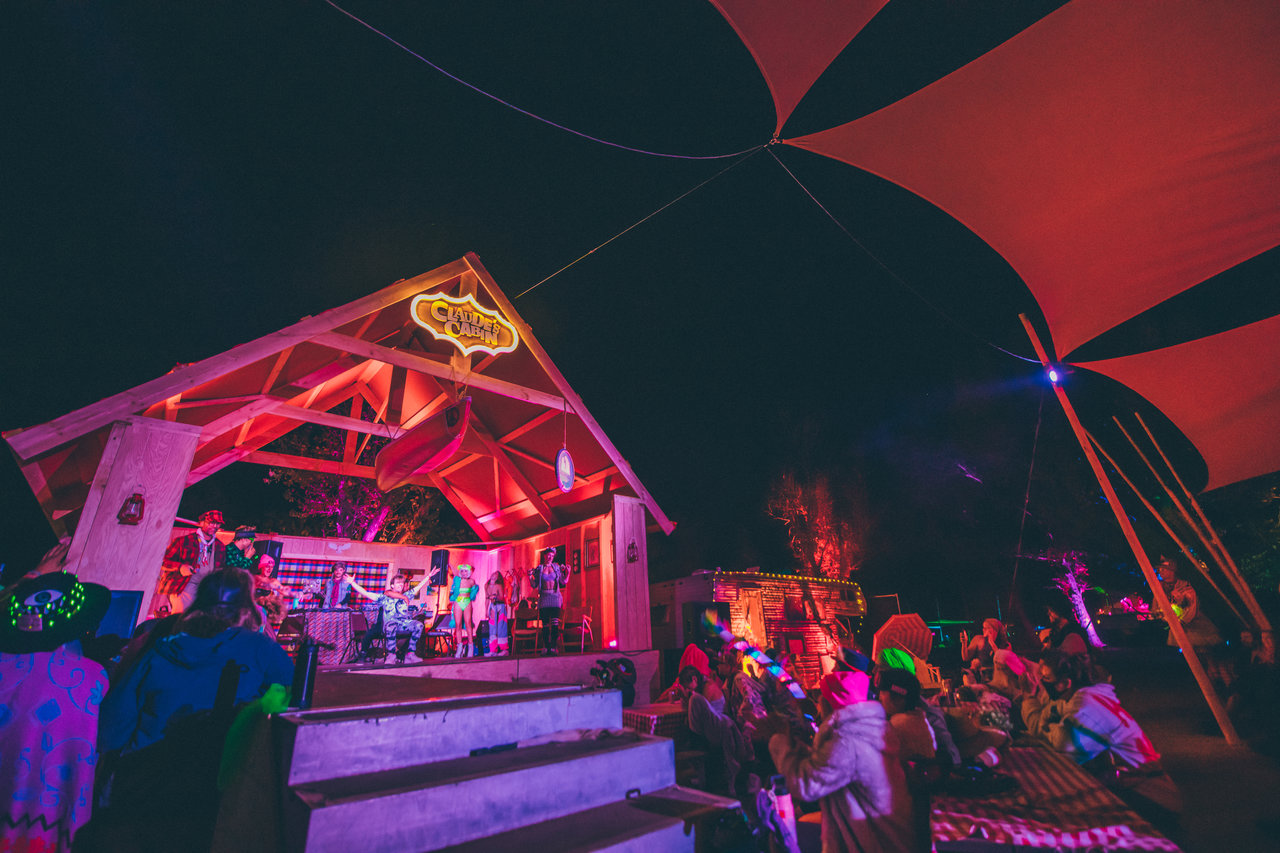Barclay Crenshaw's scrappy SF-based label has a firm grip on its identity—and its fans.
Few outfits exemplify American dance music’s independent spirit more vividly than Dirtybird, the mischievous West Coast dance label founded in 2005 by Barclay Crenshaw, better known by his nom de plume: Claude VonStroke.
For the past 15 years, Dirtybird has gradually established one of the most recognizable identities in electronic music. Its image is playful, irreverent, faintly ridiculous—beginning, of course, with the very name “Claude VonStroke,” and the scraggly avian cartoon character that served as the original logo—and its music follows suit. The typical Dirtybird production is bouncy, irresistible, and, above all, fun. “It’s not pretentious, but it’s not really jokey,” says Crenshaw of the label’s sound. “It’s just not taking itself too seriously—even though there are some deadly serious tracks on the label!”
What Dirtybird is really serious about is community. Dirtybird fans are as passionate as they come, which has helped the label not only weather the industry’s changes, but thrive. Crenshaw and his crew may have benefitted from the explosion of American electronic dance music in the early 2010s, but by carving out their own lane, they sheltered themselves from mainstream EDM’s boom-and-bust cycles. Today, they’re stronger than ever, applying that strength in all sorts of different areas: ambitious artist albums, statement singles that set clubland on fire, and even their own ever-expanding festivals.
We spoke to Crenshaw about keeping the Dirtybird spirit thriving after 15 years.
The beginnings
Crenshaw didn’t start out trying to get into music. As a production assistant and location scout in Hollywood, he really wanted to direct. But life and work took him from LA to Detroit, where he discovered raves—and also realized that he was never going to make it in film. Moving to San Francisco, he took various jobs—DVD duplication, digital post-production, demonstration videos for a toy company—while on the side he tried to sate his growing interest in dance music with a self-financed documentary about professional DJs’ creative secrets. With no budget left over for the soundtrack, he taught himself to produce in the style of his heroes. The film may not have made it to Sundance, but it wasn’t a total wash. “Basically, I went to grad school for 25 grand,” he laughs. “I interviewed all the most famous DJs in the world. Edited hours of footage, so I knew everything they said by heart. By the end, I’m like, ‘I can make house music and I can run a label.’”
Meanwhile, Crenshaw and his buddies—among them, future Dirtybird artists Christian and Justin Martin—were grinding away. They were throwing parties by night, putting on outdoor barbecues by day, gradually building a following for their slightly twisted spin on tech house. Unimpressed with the sleek, satiny deep house that was in vogue in the Bay, they built their sets out of woolier, wonkier records from underground European labels, zeroing in on the playful vibe that would become Dirtybird’s signature.

Finally, fate happened: Crenshaw met his wife, Aundy Caldwell. She could see how passionate he was about music, so she made him an offer: She’d shoulder the couple’s finances for one year. “She said, ‘
The expansion
Crenshaw launched Dirtybird in 2005, in characteristically scrappy, bootstrapping fashion. He tapped Justin Martin, who he was managing, for the first couple of releases, since he was the most talented producer of the bunch. (“He got good really fast,” he marvels. “He just started and was good.”) Armed with stacks of CDRs, Crenshaw went to Miami Winter Music Conference and Cannes’ MIDEM to give out promos and press the flesh. He finagled a list of top-tier DJs’ addresses from another local label and began mailing promos all around the world, each one accompanied by a handwritten note. No American distributor was interested in this upstart label with a bouncy, irreverent sound, so they ended up signing with Germany’s Neuton—a canny move, as it turned out, since the European imprimatur lent them credibility with American record-buyers.
When it came time to put out his own debut, Crenshaw went with the name Claude VonStroke at the last minute, on a whim. “That record, ‘Deep Throat,’ ended up selling so many vinyls that I knew we were going to survive,” he says. “We were really lucky—we just had a massive record on the third release. Probably kept us going for two years just on that record.”
Dirtybird doesn’t sell much in the way of vinyl anymore. But Crenshaw has learned to leverage the success of the label’s biggest hits—tracks like Shiba San’s “OKAY,” Breach’s “Jack,” and of course FISHER’s GRAMMYⓇ-nominated 2018 smash “Losing It.” “Every two, three years, some record just goes absolutely nuclear,” says Crenshaw. And once the record has run its course in the underground circuit, Dirtybird turns around and licenses it to a major, who can find a whole new audience for it. “Usually they let us keep the Dirtybird name on it. Sometimes they don’t. But we work hard on the record label, and it’s hard to have wins. So every once in a while we’ll take a win.”

It’s wins like that that keep Crenshaw paying close attention to the demo pile. After all, Shiba San’s “OKAY” came from the pile. Dirtybird has a demo submission link right on the front page of its website; a label employee wrote a script that forwards submissions to Crenshaw’s Dropbox, which he checks on a regular basis. “I try to be ruthless,” says Crenshaw. “But if you can make it through the first gate, I will support you, because we need to develop artists. Because we have so many shows, we need to support artists and help them become popular because that helps us do events.”
The future
Today, Dirtybird has a full-time staff of a half-dozen people—although, true to form, Crenshaw’s not entirely sure how many people he has under his umbrella. The label’s divided up into different departments, and the Claude VonStroke project represents its own division within the company.
Perhaps the biggest shift is that since 2014, Aundy is arguably running the show. “One of the reasons that Dirtybird works so well is that we have a really strong partnership,”
And the Dirtybird of 2020 definitely entails much more than one person could do. One of the biggest components of the label’s business these days is its events. For the past six years, Dirtybird has been pitching tents in a lakeside park a couple hours west of Yosemite for the Dirtybird Campout, a four-day re-creation of the summer-camp experience—barbecues, counselors, scout uniforms, everything. “Campout is the best representation of our label, bar none,” says Crenshaw. “That’s it. The entire vibe of what we’re doing is in that one event.”
But the vibe radiates outward, too. “My favorite kind of story, which I hear all the time, is, like, ‘Hey, we went to CRSSED and we saw these other people in Dirtybird T-shirts and we went over to them and now they’re our best friends.’ Or, ‘Now we’re getting married,’ or something,” marvels Crenshaw. “We love this community aspect of the label. I don’t know why, but the fans have created a vibe where if you know a person listens to Dirtybird, you’ll go talk to them and it’s totally cool.”
At this point in our call, Aundy chimes in from the background. “We want to involve the fans in every single thing we do,” she says. “So it’s like, ‘Oh, you have merch ideas? Where should we bring the next barbecue?’”

There are lots of choices, too. Campout is expanding to CampINN, an indoor event at an all-inclusive resort in Florida. There’s talk of festivals in Croatia and an official Dirtybird tour of Brazil, the mother country of a disproportionate amount of Dirtybird artists.
And of course the main communicator of the Dirtybird vibe remains the music. Just in time for the label’s 15th anniversary, Crenshaw has just released his fourth album, Freaks & Beaks—his first full-length in seven years. He describes it as a throwback to the label’s early years, and the hodgepodge of influences that forged Dirtybird’s sound. It’s also insurance against getting boxed in.
“I was starting to get demos, and they’re all like, ‘Shake your booty,’” he says. “I wanted to set the tone for the next 15 years and be like, ‘Listen, you can make tracks like this. All kinds of stuff. Super Euro, super banging, really deep, obscure electronica—everything. It’s OK. You can send them in.’ Because the longer you do the label, the demo tunnel vision gets to be, like—oh my god, if I have to hear another, like, ‘Shake it, shake it, shake it’! If I could say one thing about the demo pile, do not send in a track called ‘Work It’ or ‘Jack’ or whatever. Just don’t do it! Just change the title, even if it is that!” At this, Crenshaw laughs—which you know means he’s deadly serious.
—Philip Sherburne

No comments:
Post a Comment